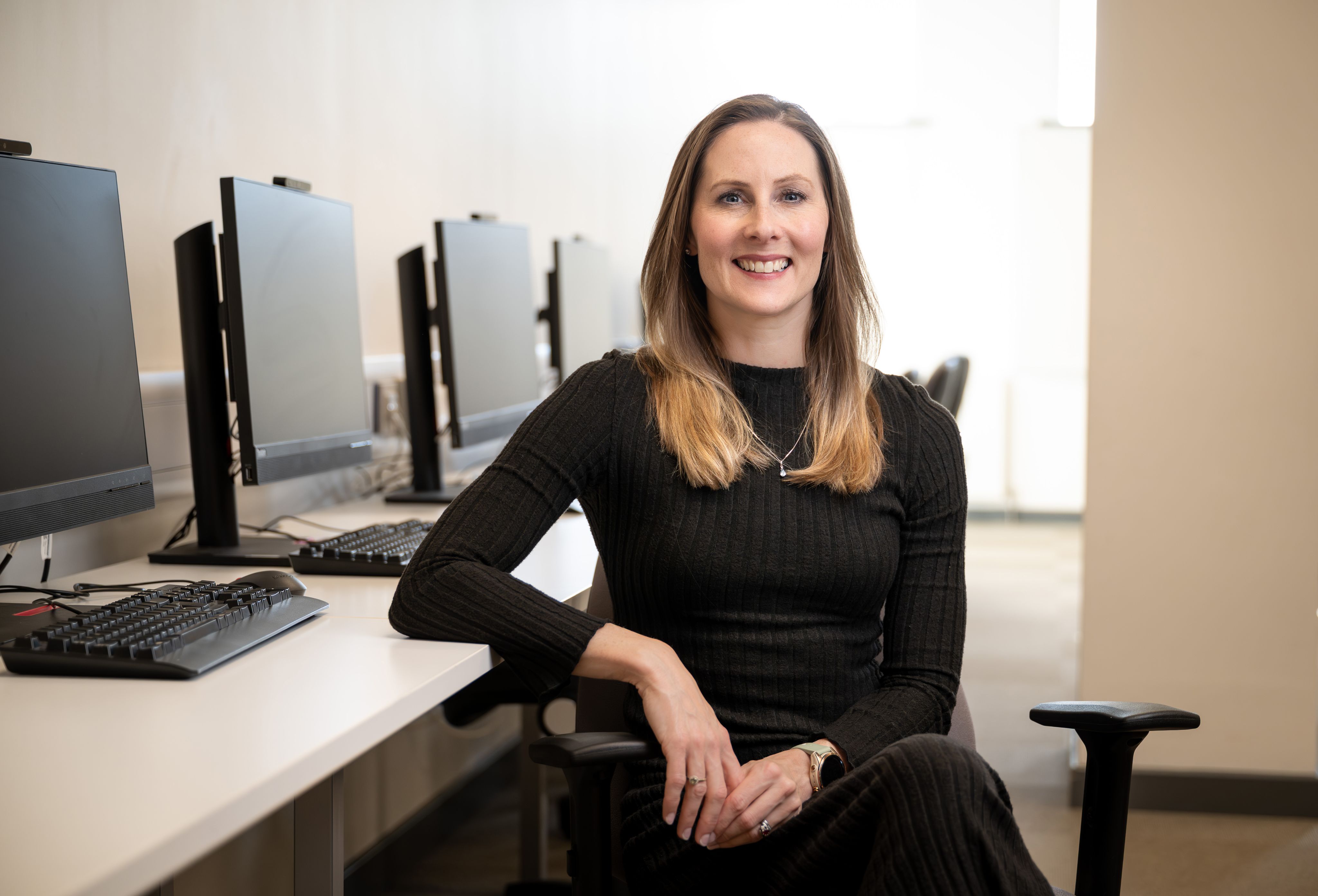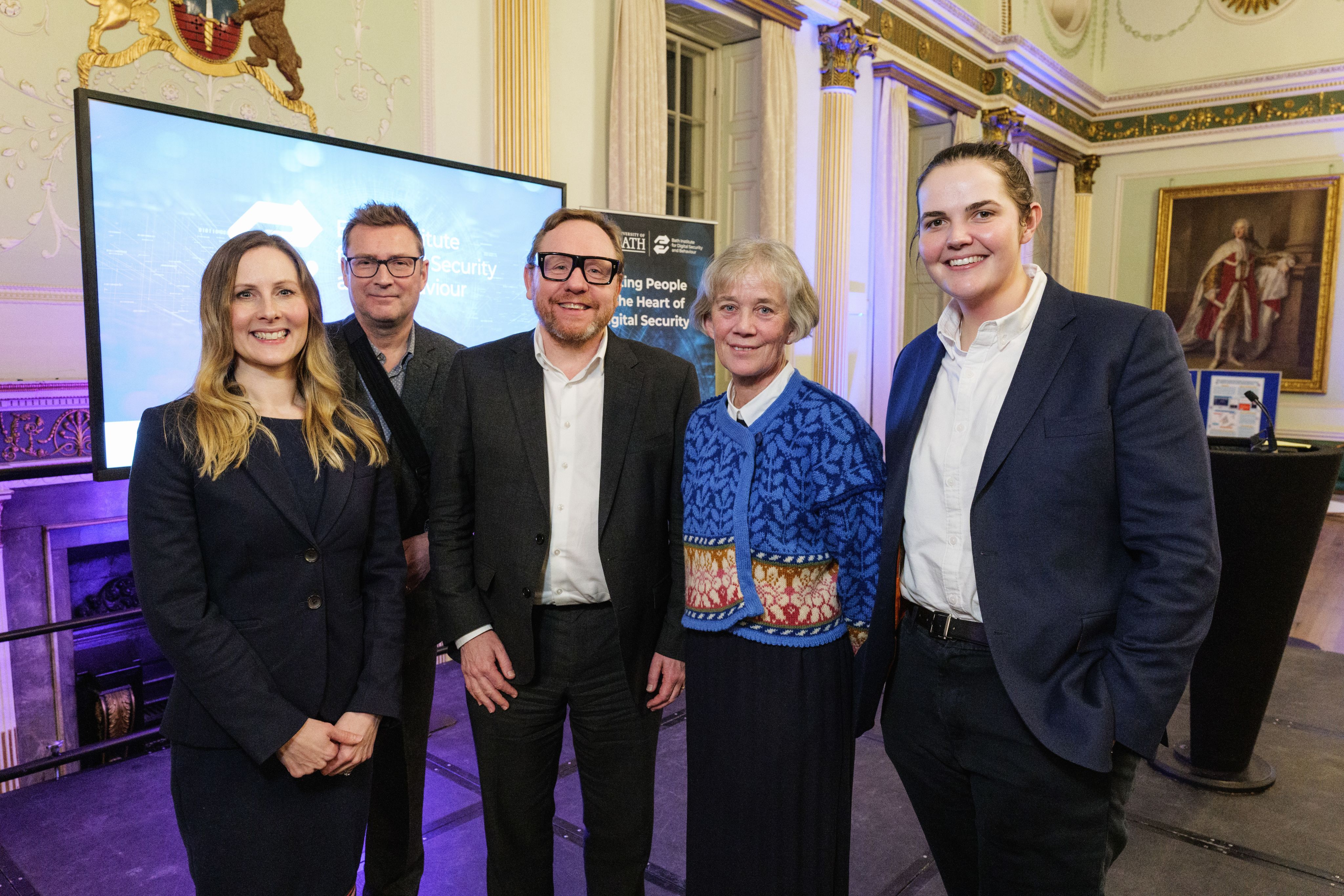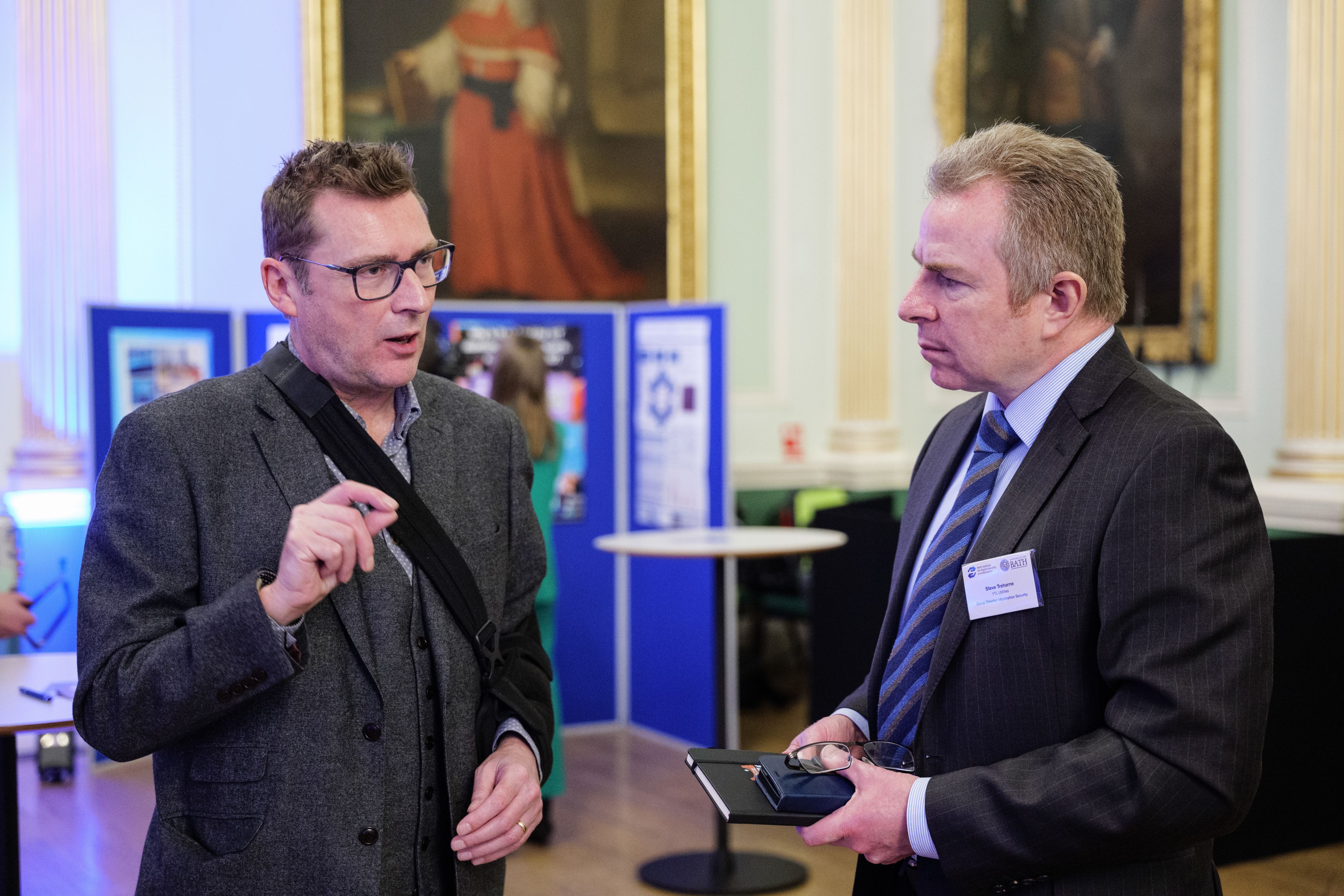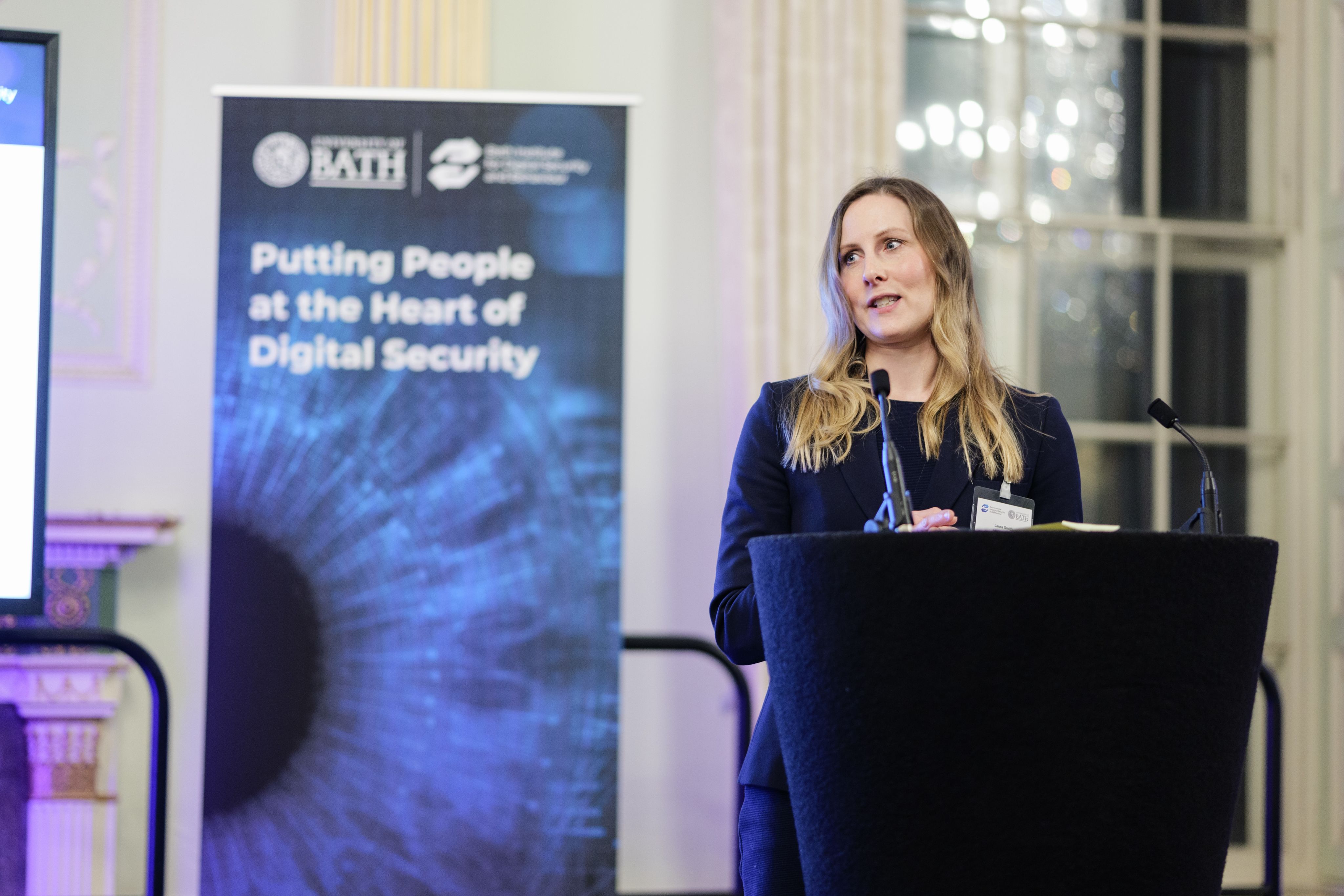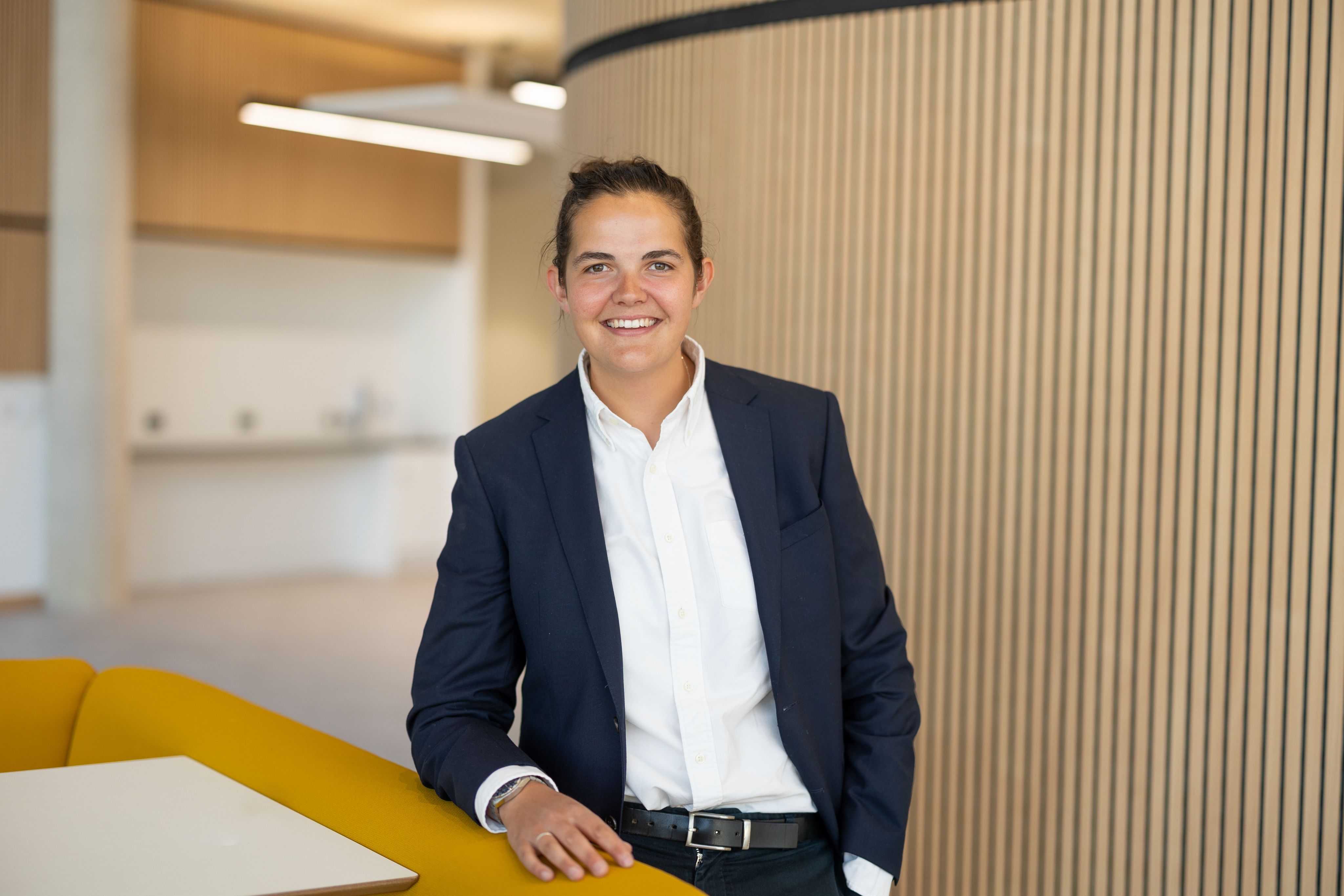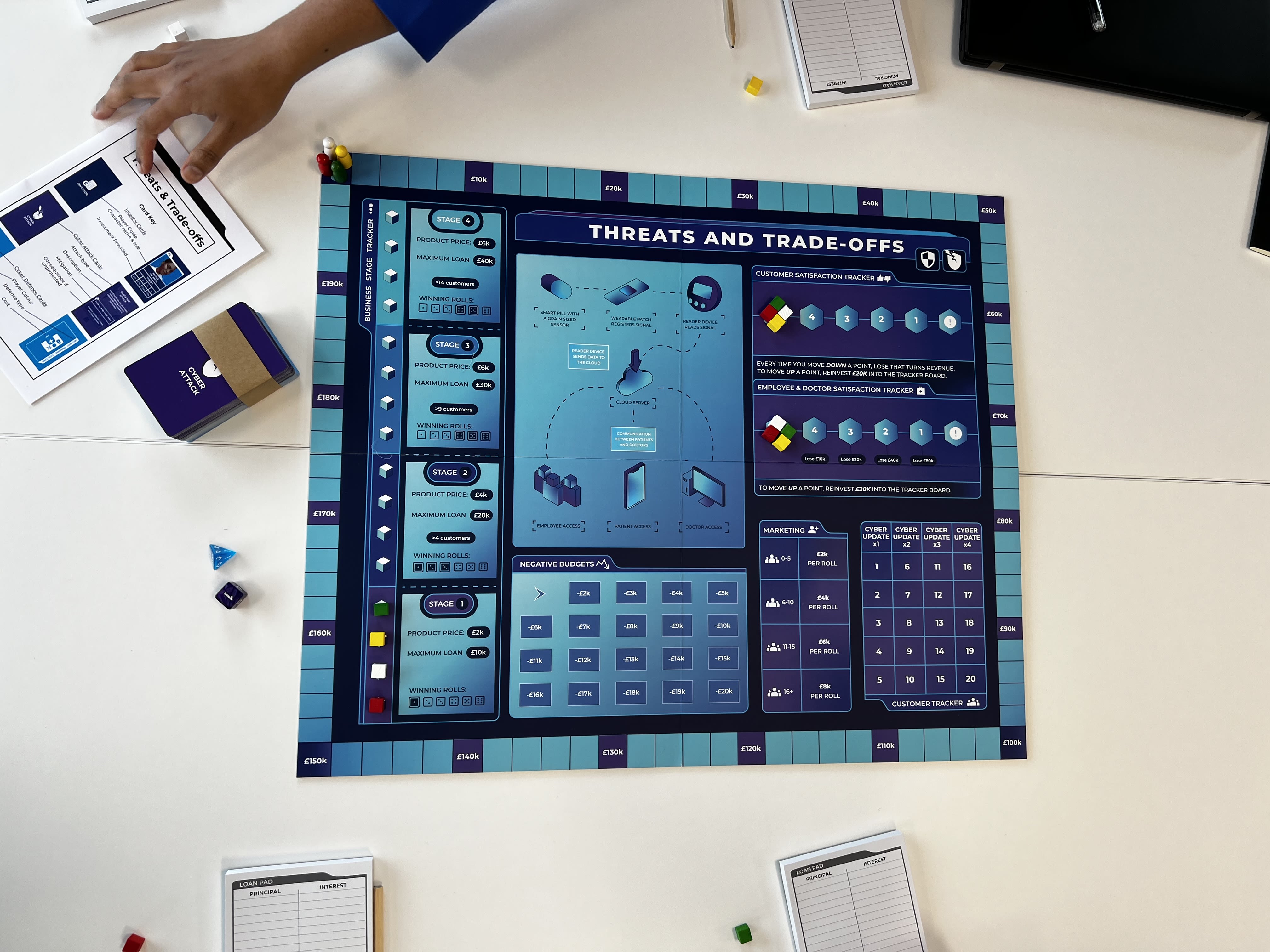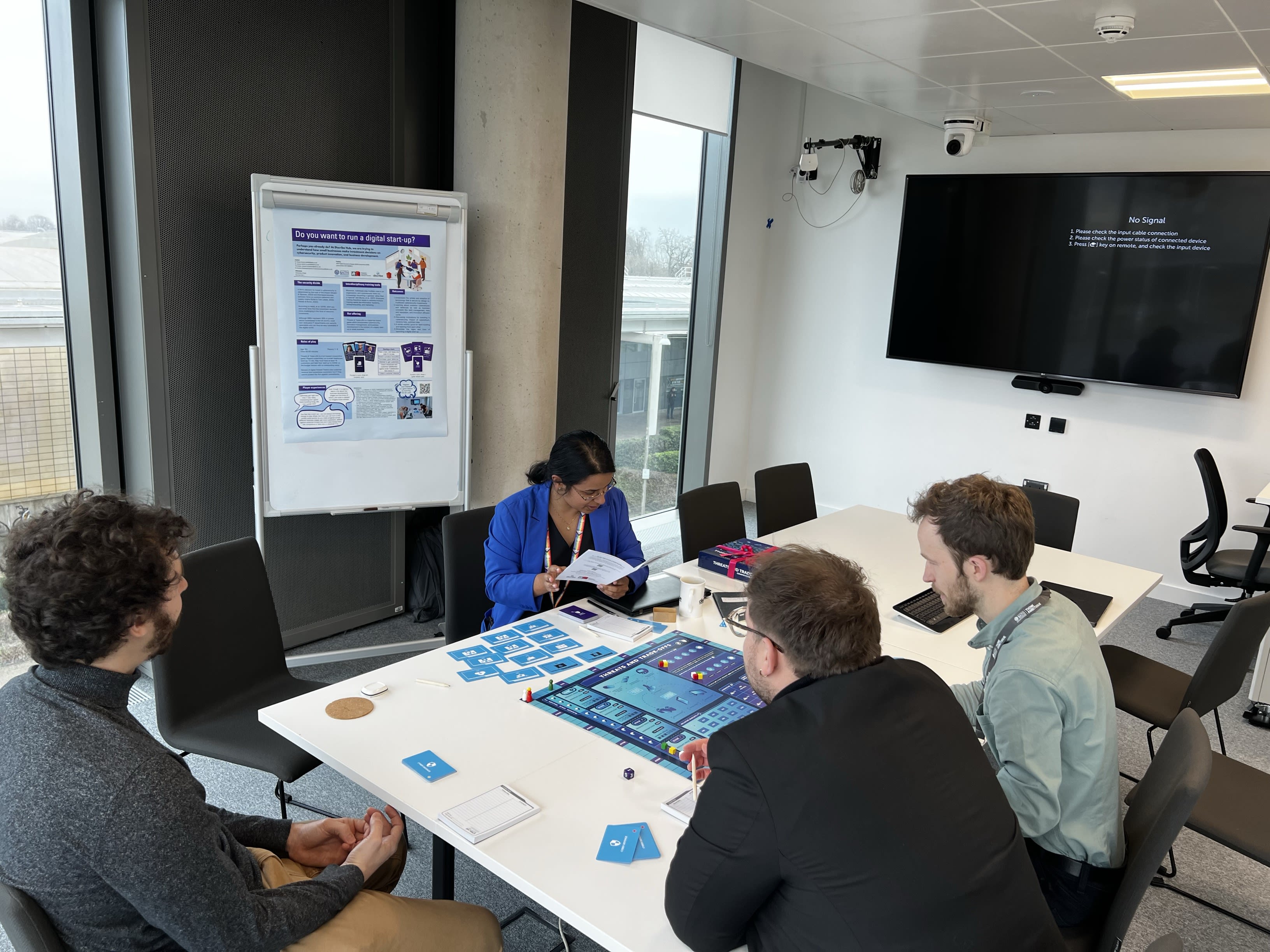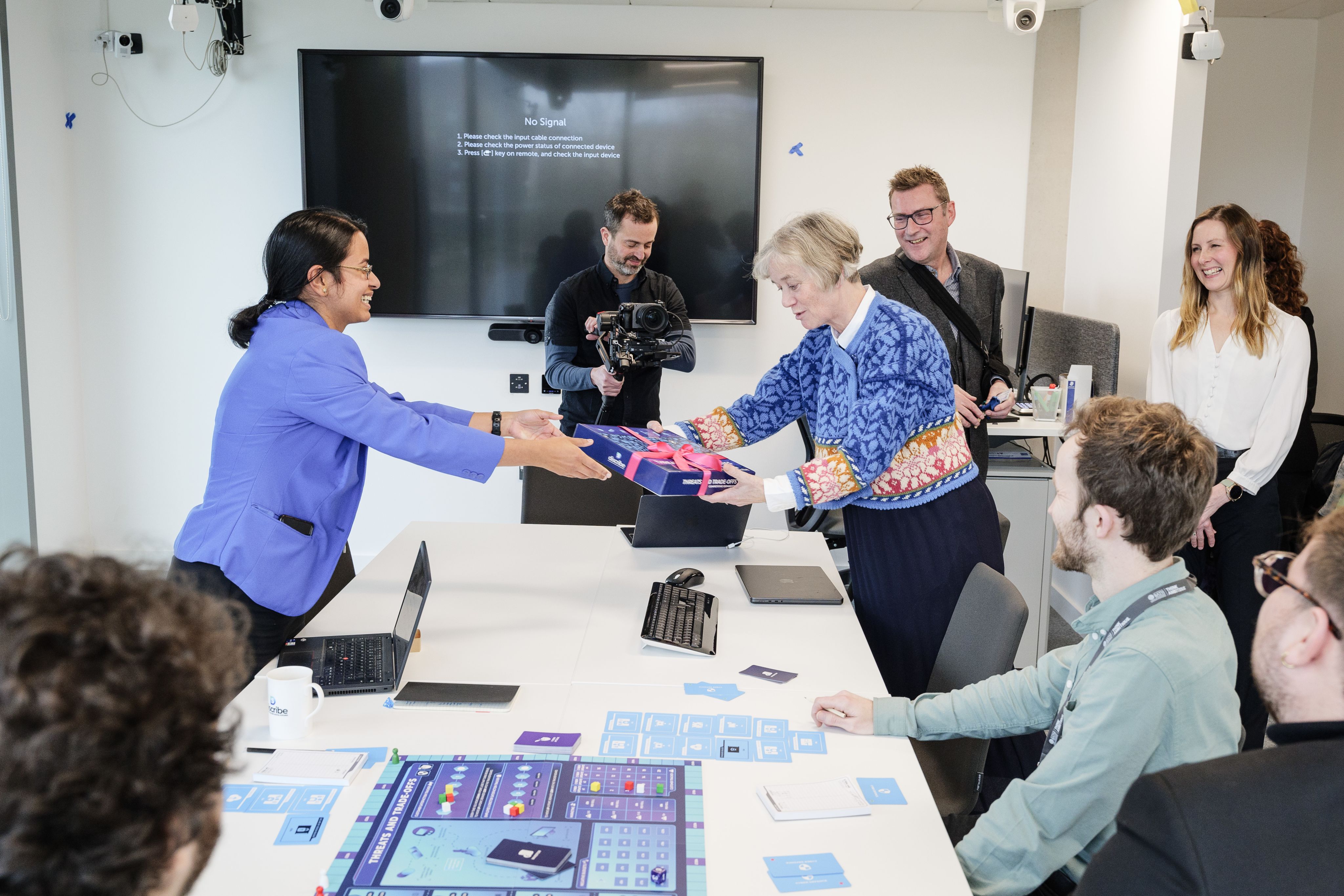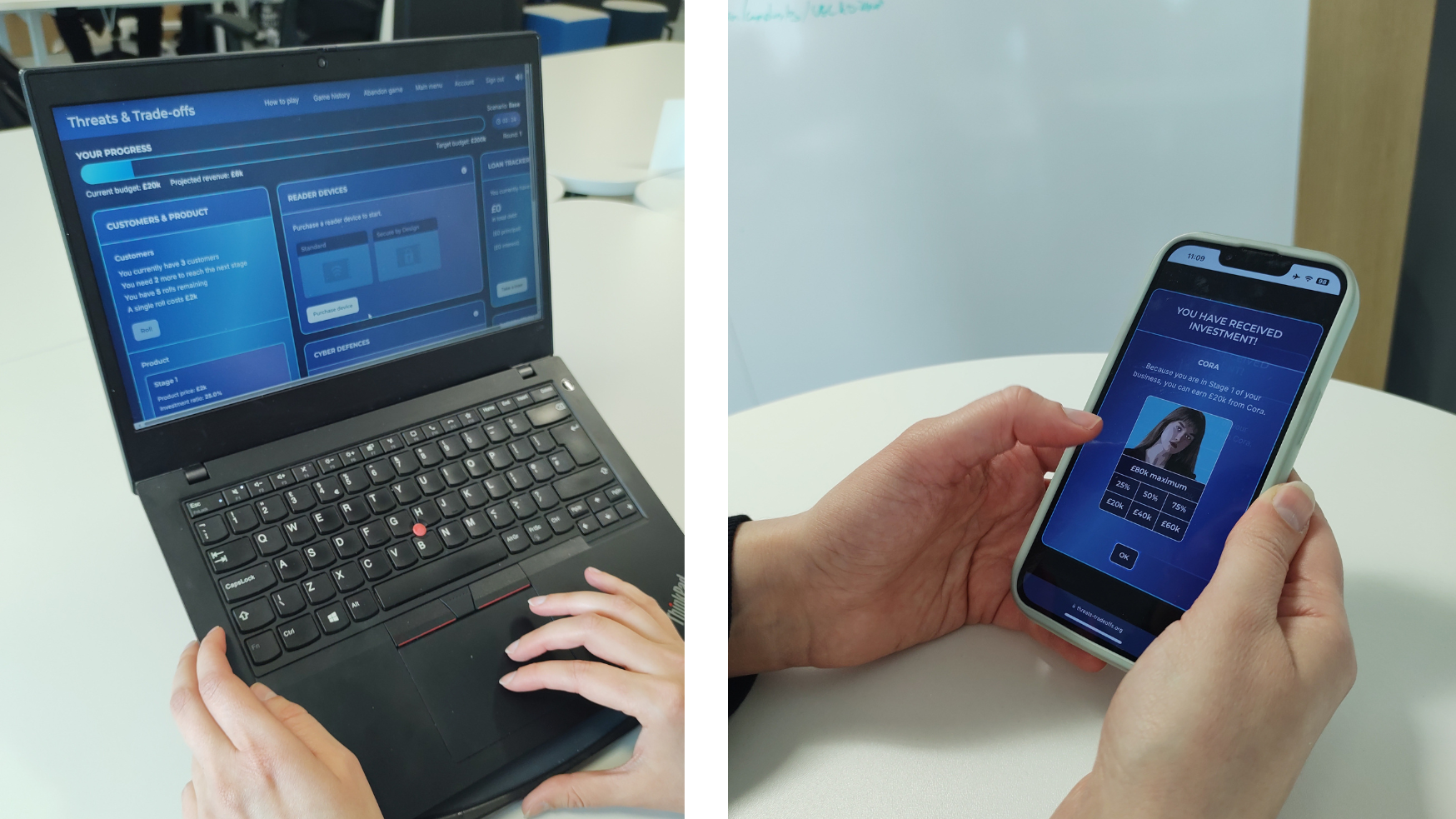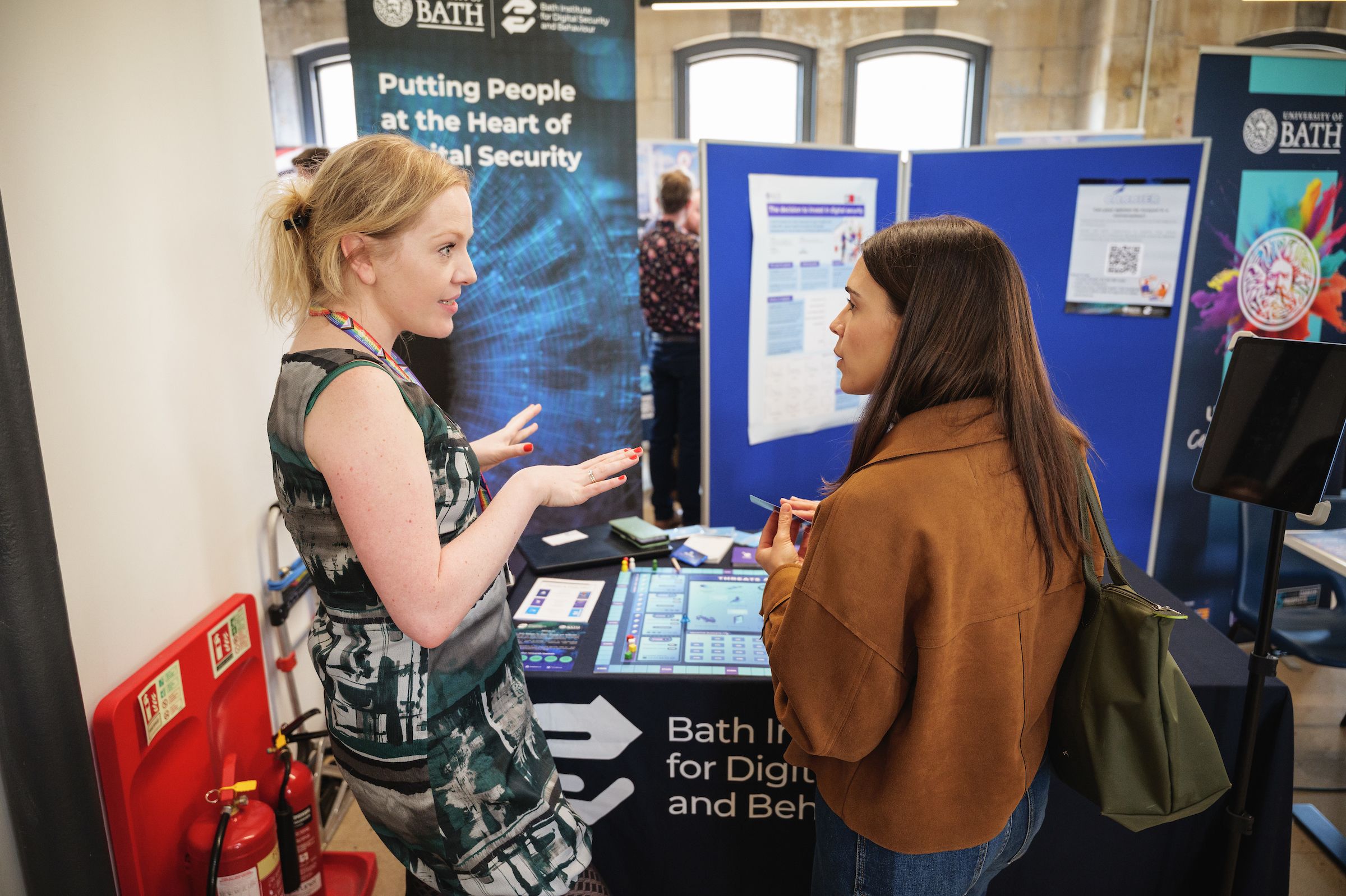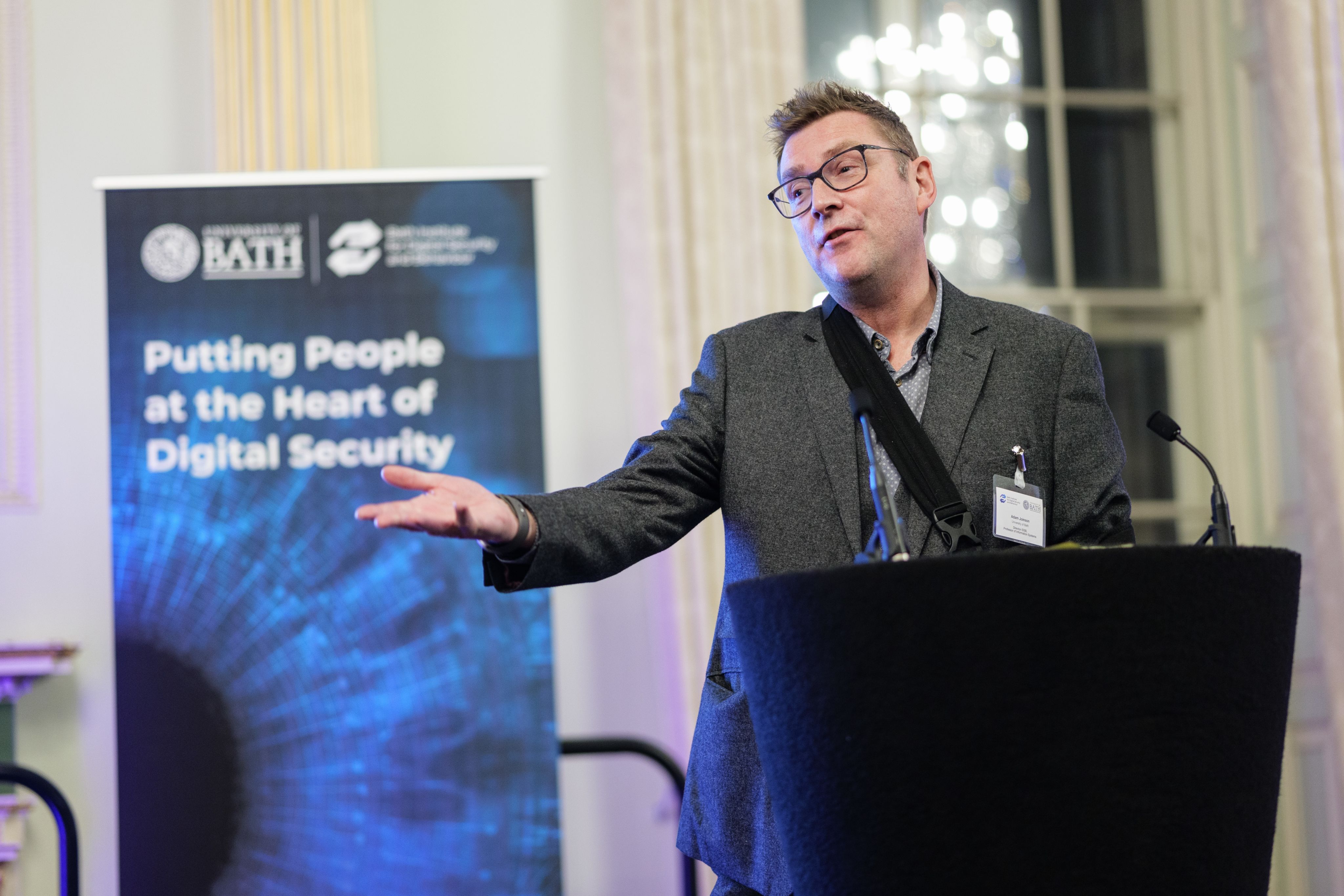How Bath’s IDSB is Shaping Social Policy through Digital Security Research
Meet the researchers working with government and industry to make technology safer for us all.
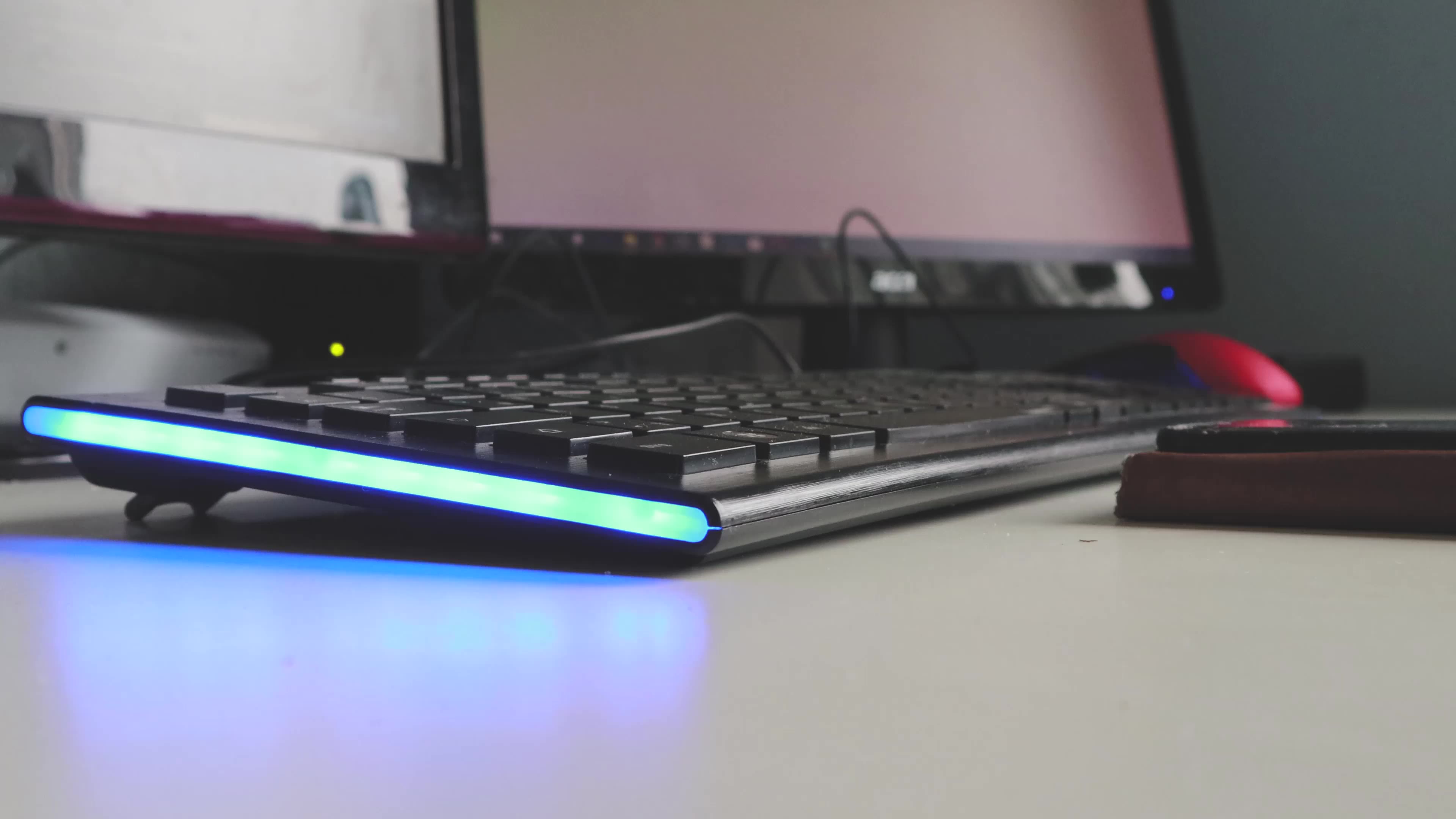
When was the last time you picked up your smartphone? Studies suggest we interact with our devices as often as every five minutes. And that’s just our phones. Technology pervades every aspect of our lives, from how we access our bank accounts, to how we track our health, and how we build and maintain relationships.
Amidst such rapid, all-encompassing change to the way we interact with the world, how can we keep ourselves safe? Our businesses? Our families? Nearly half of UK businesses experience a cybersecurity breach or attack in any 12-month period. More than 70% of children have encountered harmful content online. It’s a complex problem that requires a tailored and nuanced approach.
Watch members from the Institute for Digital Security & Behaviour explain the importance of their research.
Professor Laura GE Smith's research research highlights how human psychology interacts with digital technologies.
Professor Laura GE Smith's research research highlights how human psychology interacts with digital technologies.
Cross-University collaboration
“Our research puts people at the heart of digital security,” says Professor Laura GE Smith, co-director of the Institute for Digital Security & Behaviour (IDSB) at the University of Bath. “We want to help [create] a more innovative, safe, secure and resilient digital society, to develop the next generation of leaders in digital security and behaviour, and to help advance the UK as a global leader in this domain.”
The Institute brings together researchers from across the University – including academics from the School of Management and the Departments of Psychology; Politics, Languages & International Studies; and Computer Science. It officially launched in January 2025 with a visit from UK Government Chief Scientific Advisor Professor Dame Angela McLean.
"We want to help [create] a more innovative, safe, secure and resilient digital society"
Learn more about Bath research in our monthly email

The Institute has already established a presence at events such as the Cyber UK conference for digital security practitioners, and Bath’s Digital Futures Festival. Its members are deeply engaged with a broad spread of real-world issues in both their research and their partnerships.
- Professor Smith recently gave evidence to the UK Home Affairs Select Committee on online extremism
- Deputy director Dr Andre Barrinha has led a large-scale project to develop international cyber statecraft strategies
- Professor David Ellis works with government agencies and healthcare experts to study the impacts of smartphones on young people’s mental health
- Dr Brit Davidson acts as UK Ambassador at the Global Council for Responsible AI
Professor Smith explains why these timely, relevant topics are central to the IDSB’s work: “We see the impact on individual lives – our children vulnerable to social media abuse, and people and businesses falling victim to cybercrimes such as phishing and hacking. Threats to UK institutions increased with the war in Ukraine, and the public have been targeted with disinformation seeking to interfere in elections. Terror groups use social media to spread hate, recruit members and plan terror attacks in the real world.”
IDSB members and Vice-Chancellor Professor Phil Taylor meet UK Government Chief Scientific Advisor Professor Dame Angela McLean at the launch event in January 2025.
IDSB members and Vice-Chancellor Professor Phil Taylor meet UK Government Chief Scientific Advisor Professor Dame Angela McLean at the launch event in January 2025.
Tackling terror at an early stage
How to identify potential terrorists online is a key focus for Dr Olivia Brown, IDSB deputy director. In 2024 she, Professor Smith, Professor Adam Joinson and Dr Brit Davidson published research that compared social media posts from two groups of people: those convicted of violent far-right terror offences, and those with no such convictions.
Dr Olivia Brown is Associate Professor in Digital Futures.
Dr Olivia Brown is Associate Professor in Digital Futures.
They found marked differences between the two groups’ activity, including longer posts, repeated punctuation marks and discussions of plans among the convicted sample. Ideology, however, offered far less predictive power.
“[Explicit talk of operations and logistics] suggests that people are developing the efficacy and ability to actually engage in the action,” says Dr Brown. “So, we would suggest a focus on that [for police and security services, as part of] a holistic approach.”
She continues: “What has been the posting activity of that person over time? Do we have any information about their offline behaviour? Are there any risk factors in their day-to-day presentation? Have they violently offended before? Those sorts of things should be combined with these indicators that we find in online data.”
Watch Dr Olivia Brown explain how online posts can give clues as to who might go on to offend offline.
As a result of this research, Dr Brown and Professor Smith have been helping to inform the approach taken by the UK police and security services towards online extremism. Dr Brown is also a regular commentator for media outlets such as ITV and the BBC on terror attacks and radicalisation – including in the wake of Netflix’s viral hit series Adolescence.
Joining forces
She is now taking on a central role in Bath’s new Policing Academic Centre of Excellence (P-ACE), launching in October 2025. This initiative – led by Dr Katie Maras and supported by Dr Brown, Professor Catherine Hamilton-Giachritsis and Pro-Vice-Chancellor (Research and Enterprise) Professor Sarah Hainsworth – is one of nine new P-ACEs that will receive a total of £4.5 million in UK Research and Innovation (UKRI) funding.
It will improve connections between researchers and police forces, enabling Bath’s work in the field to address real-world challenges such as safeguarding vulnerable populations.
"We will mobilise existing multi-disciplinary expertise across the University to provide a rapid response to policing priorities."
Dr Brown says: “Our P-ACE will mobilise existing multi-disciplinary expertise across the University to provide a rapid response to policing priorities. This is in addition to providing a catalyst to longer-term initiatives, such as translating research at Bath into operational tools and training, establishing an expert network and generating further placement and educational opportunities between Bath and the police.”
Threats and Trade-Offs can be played cooperatively as a tabletop game or as an online single-player game.
Threats and Trade-Offs can be played cooperatively as a tabletop game or as an online single-player game.
Play to learn
Also bridging the gap between online and offline approaches to cybersecurity are IDSB members Dr Joanna Syrda and Dr Kseniya Stsiampkouskaya. They are part of a research team led by Professor Joinson that developed Threats and Trade-Offs, a game that invites players to make business decisions in a complex and dynamic environment.
The game places you in the shoes of a healthcare technology entrepreneur, and tasks you with developing your start-up. To do this, you must balance growing your business and customer base, and maintaining customer and employee satisfaction. The biggest obstacles you face are cyber-attacks, which damage both your reputation and your balance sheet. However, these risks can be mitigated with a range of countermeasures – provided you invest in them at the right time.
“What we wanted to understand better is how individuals or companies make decisions around investing in cybersecurity in general, as well as specifically investing in cyber secure hardware,” says Dr Syrda. “These decisions are not made in a vacuum: any company is balancing a lot of competing interests, and budgets and resources are finite.”
Initially conceived as a physical, co-operative tabletop game, Threats and Trade-Offs is now also available to play for free online in single-player mode. The game received substantial attention at Cyber UK from both government and industry practitioners.
Listen to Dr Joanna Syrda and Dr Kseniya Stsiampkouskaya talk about Threats and Trade-Offs on the Research4Good podcast.
"Cybersecurity decisions are not made in a vacuum."
Dr Joanna Syrda (left) at the Bath Digital Festival in May 2025.
Dr Joanna Syrda (left) at the Bath Digital Festival in May 2025.
The team believes it has the potential to be a valuable educational tool, encouraging small and medium-sized enterprises to look at cybersecurity as a business decision. They are currently exploring ways to make it widely available as a training resource. “It’s about a change of heart. That’s what is important,” asserts Dr Syrda.
Looking to the future
“A large part of our focus is on bringing our knowledge to both policy and industry,” explains Professor Joinson, co-director of the Institute. As such, the IDSB regularly runs events, such as its recent Information Exchange – an annual event connecting researchers with practitioners. The focus of this year’s agenda was online safety.
Professor Adam Joinson, talking at the IDSB launch event.
Professor Adam Joinson, talking at the IDSB launch event.
In addition to a keynote talk from a member of Ofcom – the UK’s broadcast, telecoms and internet regulatory body – and lightning talks from PhD researchers, attendees were invited to participate in roundtable activities looking at data stories. The workshop led to Ofcom members taking away actionable insights to help in their work.
“We need to really look at what the implications of new technologies are are and how they interact with wider changes in society"
The Institute’s work is keeping a keen eye on developing tech trends and their likely implications and will be running workshops on these to shape both policy and future UKRI research funding calls. So far, more than 60 emerging technologies have been identified, covering themes as diverse as artificial intelligence and the use of DNA for information storage.
“We need to really look at what the implications are and how they interact with wider changes in society – political and geopolitical, economic, legal, ethical and so on,” says Professor Joinson. “It’s certainly keeping us busy.”
Our research is helping to improve the world. Through collaborative partnerships we're creating a healthier, more sustainable, and connected future for all.


